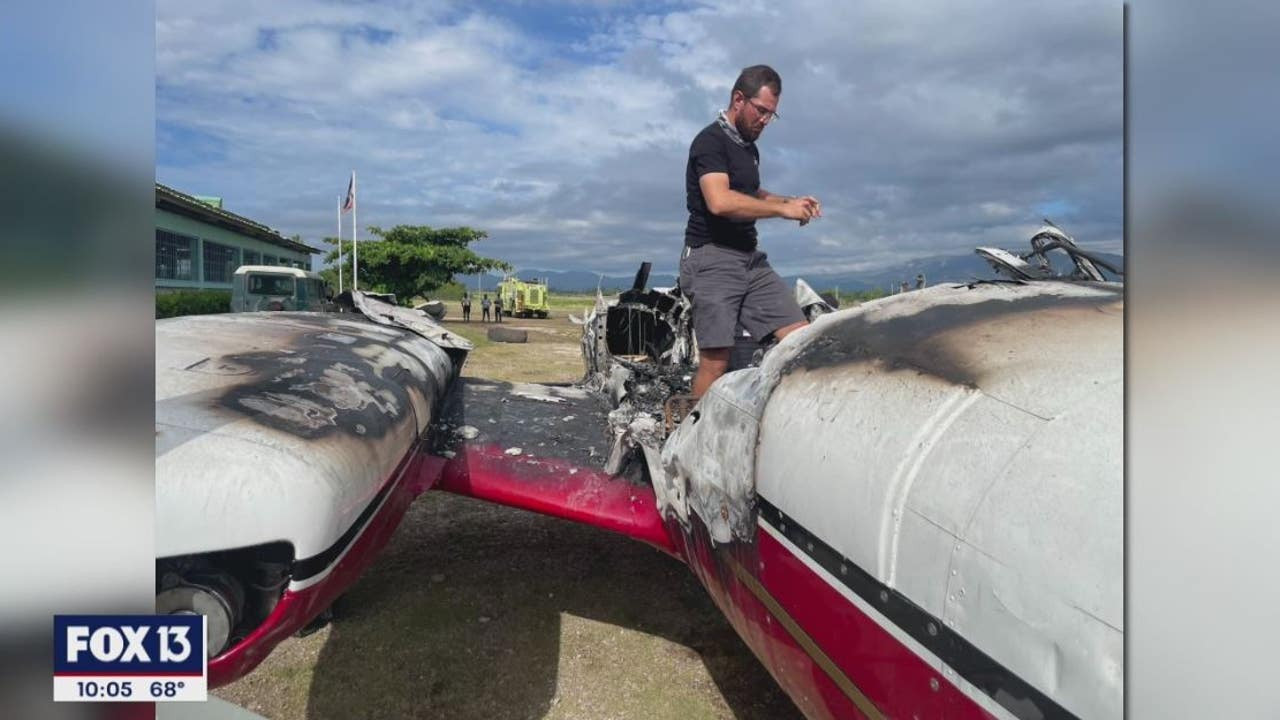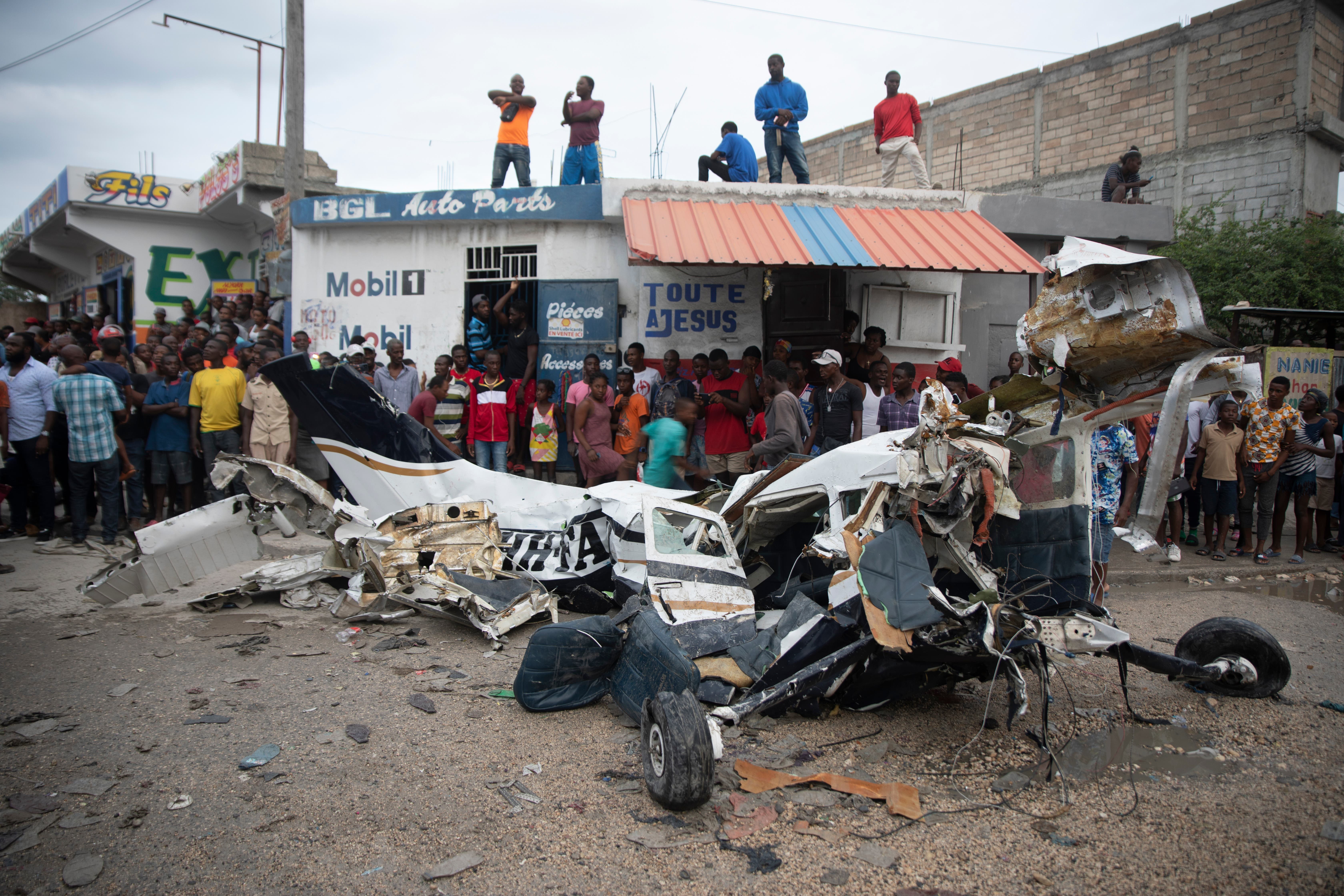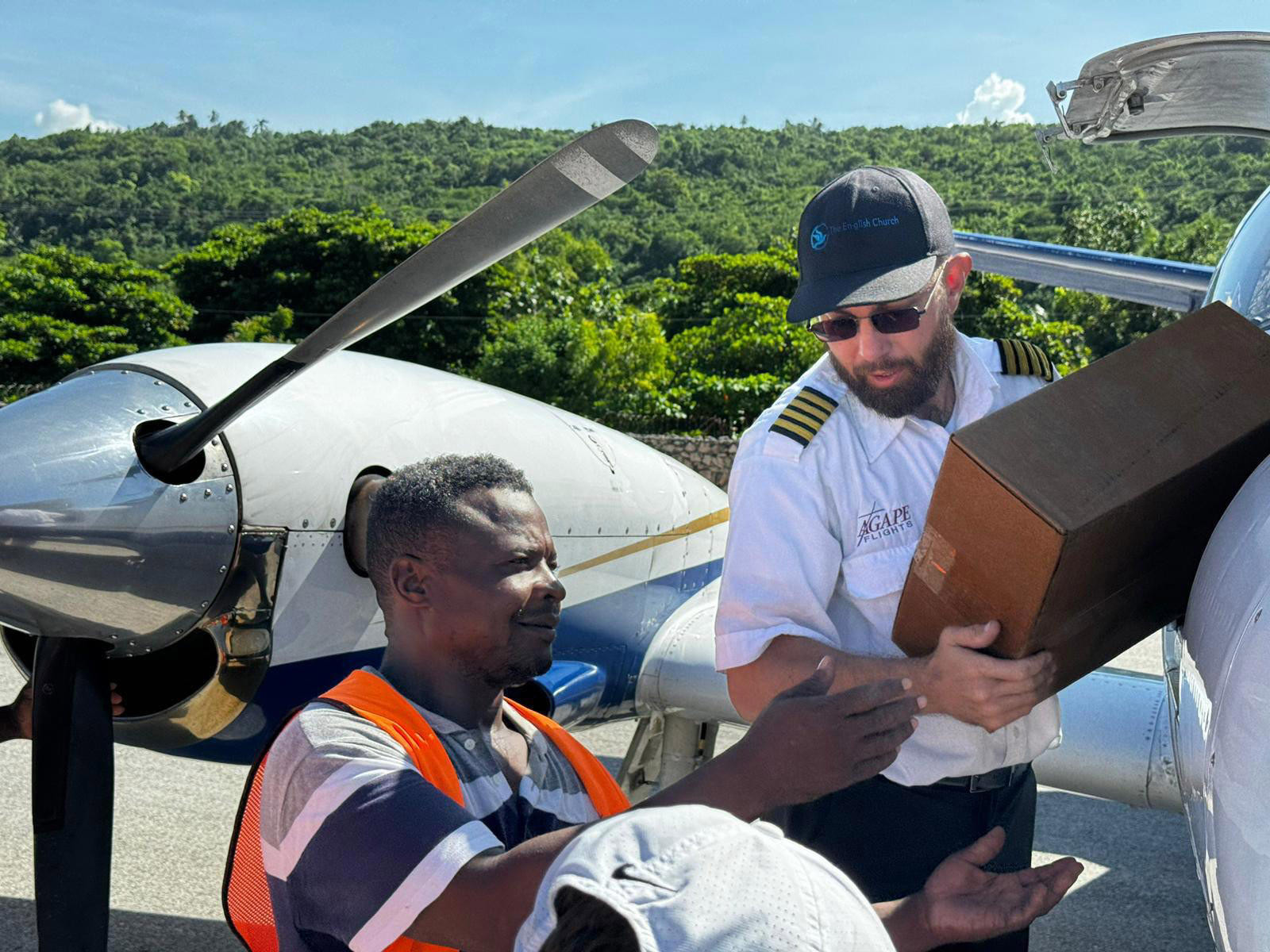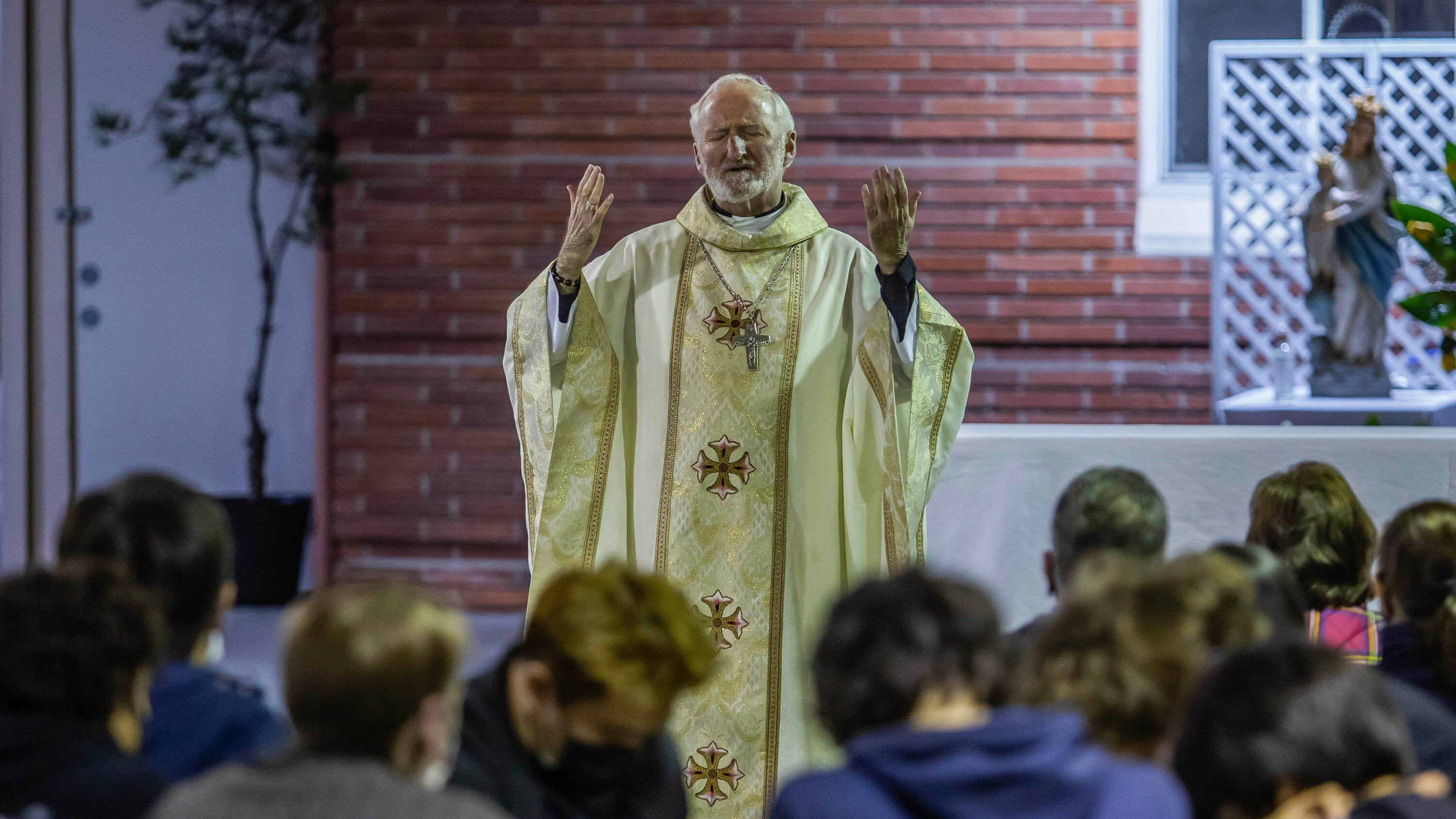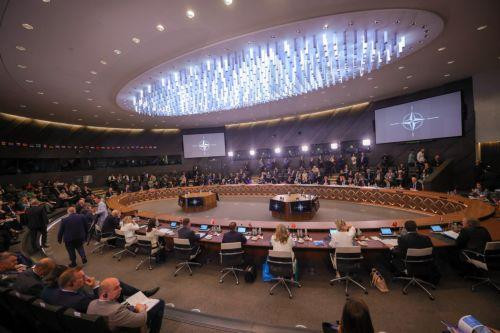A Dangerous Trend in Haiti: Flights Suspended After Planes Hit by Gunfire
The escalating gang violence in Haiti has reached a new level of danger, impacting not only the local population but also international travelers. On Monday, two jets from US-based airlines were struck by bullets while flying over Haiti’s capital Port-au-Prince, prompting Haitian authorities to suspend all flights in and out of the capital.
The first incident involved a Spirit Airlines plane, Flight 951, which was on its way from Fort Lauderdale, Florida, to Port-au-Prince. As the plane attempted to land, it was hit by gunfire, causing what the airline described as “minor injuries” to one crew member. The aircraft was diverted to Santiago in the Dominican Republic, where an inspection revealed evidence of damage to the aircraft consistent with gunfire. Spirit subsequently suspended its services to Port-au-Prince and Cap-Haitien, taking the aircraft out of service.
JetBlue followed suit, temporarily canceling flights to and from Haiti after a bullet was found lodged in one of its planes returning from Port-au-Prince. JetBlue Flight 935 landed at New York’s John F. Kennedy International Airport without any issues initially reported, but a post-flight inspection later identified that the aircraft’s exterior had been struck by a bullet. The airline extended its flight suspension through December 2, citing “the going civil unrest” as the reason for the suspension.
These incidents are not isolated occurrences. Haiti has been plagued by widespread gang activity and political chaos for nearly a year, with international actors also impacted by direct violence in recent weeks. Last month, a United Nations helicopter was also hit by bullets while flying over Port-au-Prince. And in a separate incident in October, gangs targeted US Embassy vehicles with gunfire, later prompting the evacuation of 20 embassy staffers.
Impact on Haiti's Stability
The increasing gang violence in Haiti is having a devastating impact on the country’s stability. In late February and early March, coordinated gang attacks forced the closure of both the airport and main seaport in the Haitian capital, choking off vital supplies of food and humanitarian aid to the Caribbean nation. The recent incidents involving the aircraft are a stark reminder of the perilous situation in Haiti, raising concerns about the safety of air travel to and from the country.
New Prime Minister Sworn in Amid Crisis
The incidents with the aircraft occurred on the same day Haiti’s transitional council swore in a new prime minister, businessman Alix Didier Fils-Aime, who pledged to restore democracy and security in the country. Fils-Aimé was formally sworn in as Haiti’s new prime minister in a ceremony attended by various government officials in Port-au-Prince. He acknowledged the urgency of the situation, stating, “We are in a transition, an immense project. Of course, the essential first project — and one necessary to the success of the transition — is the reestablishment of security!”
The transitional council tapped Fils-Aimé for the job after eight of its nine voting members signed a declaration on November 8 to replace Garry Conille, who had been in office for less than a year. Council member Fritz Jean stated that the council reached its decision after considering several issues with Conille’s tenure as prime minister, including decisions made without informing the council and taking on the duties of the president, such as engaging in diplomatic affairs.
Global Response to the Crisis
The US Federal Aviation Administration (FAA) is considering banning U.S. flights to Haiti in the wake of the gunfire incidents, with a decision expected soon. The US Embassy in Haiti has issued a security alert warning people not to travel to the country, stating that the security situation in Haiti is unpredictable and dangerous.
In response to the escalating crisis, international actors are calling for a collective effort to address the security situation in Haiti. The United Nations has expressed concern over the instability and called for political leadership that prioritizes stability and humanitarian needs. The international community must work together to find a solution to the ongoing crisis in Haiti, a nation struggling to regain its footing amidst escalating violence and political turmoil.
A Call to Action: Hope for Haiti
While the situation in Haiti remains dire, there is still hope for the country. The new prime minister has pledged to restore security and democracy, and the international community has a responsibility to support Haiti in its time of need. By working together, we can help Haiti overcome these challenges and build a brighter future for its people.




